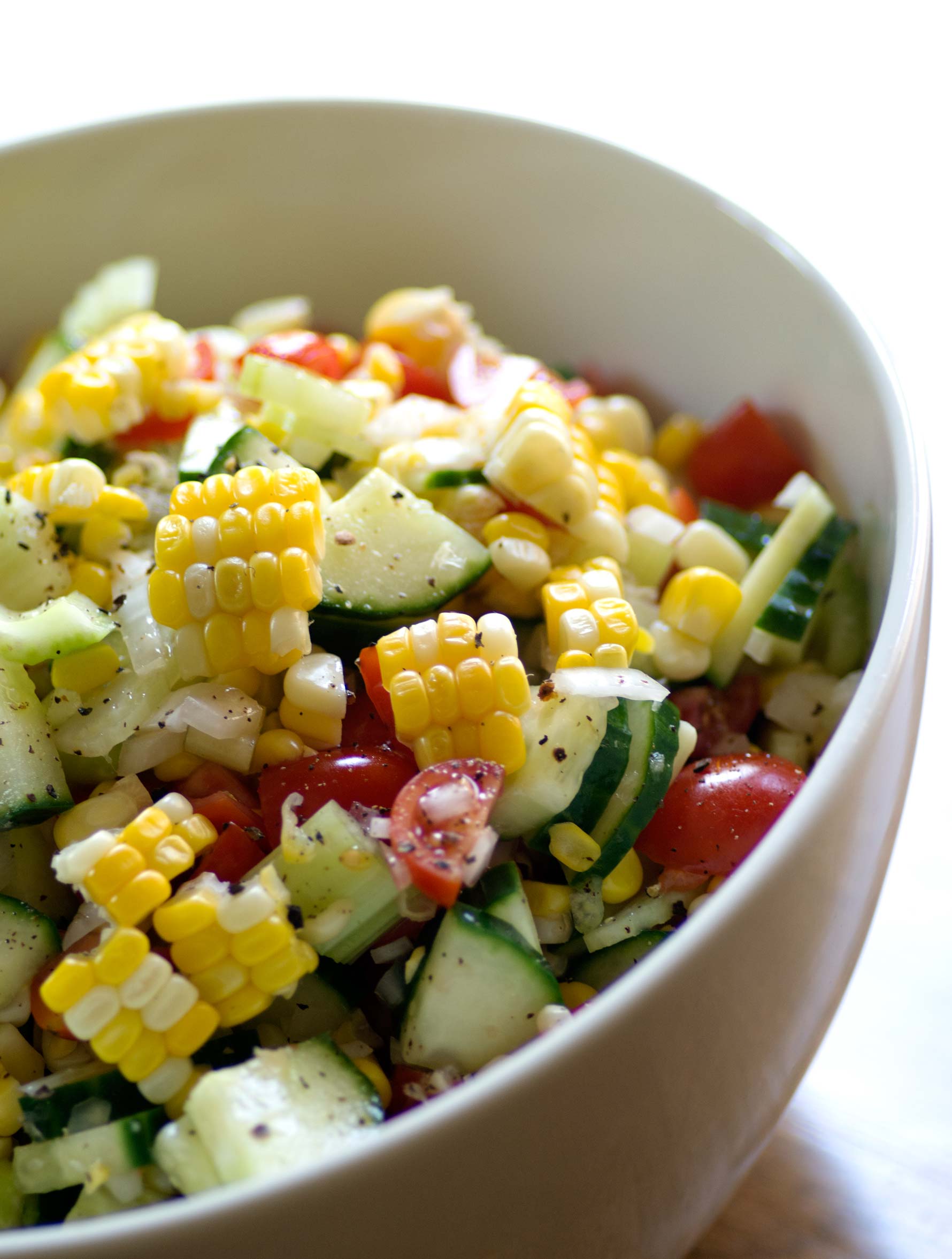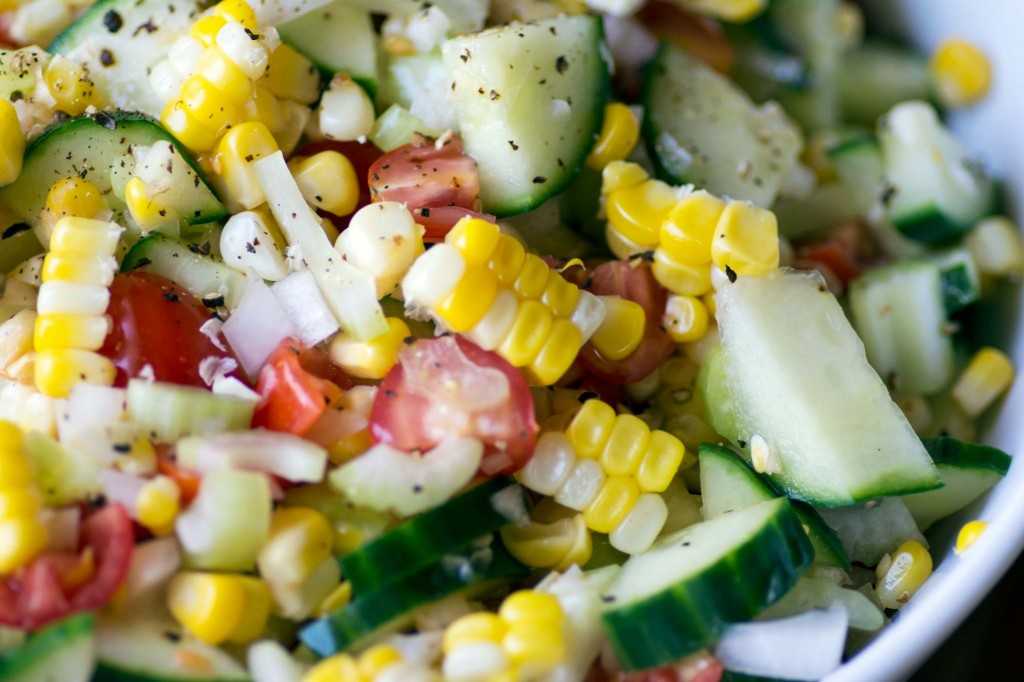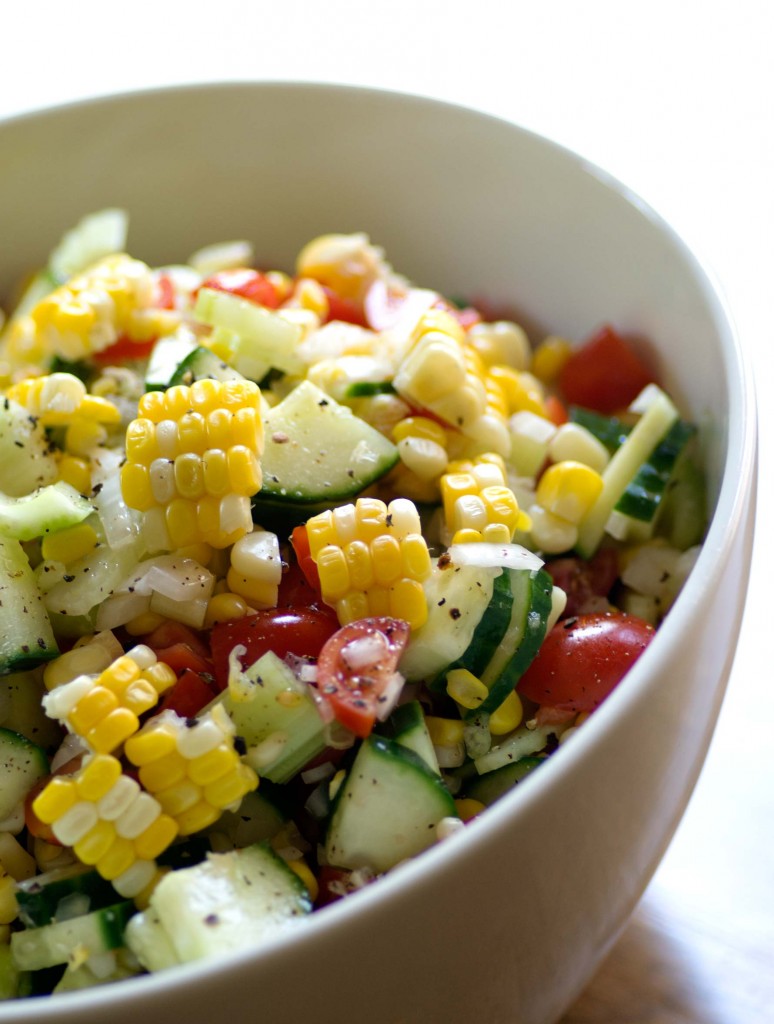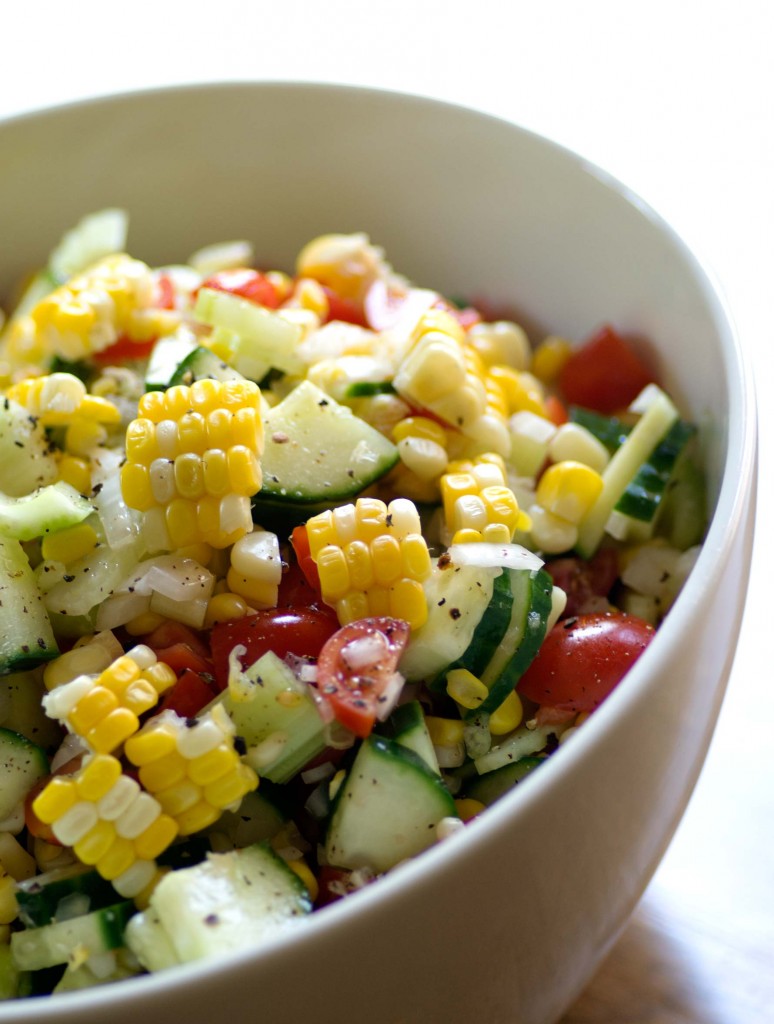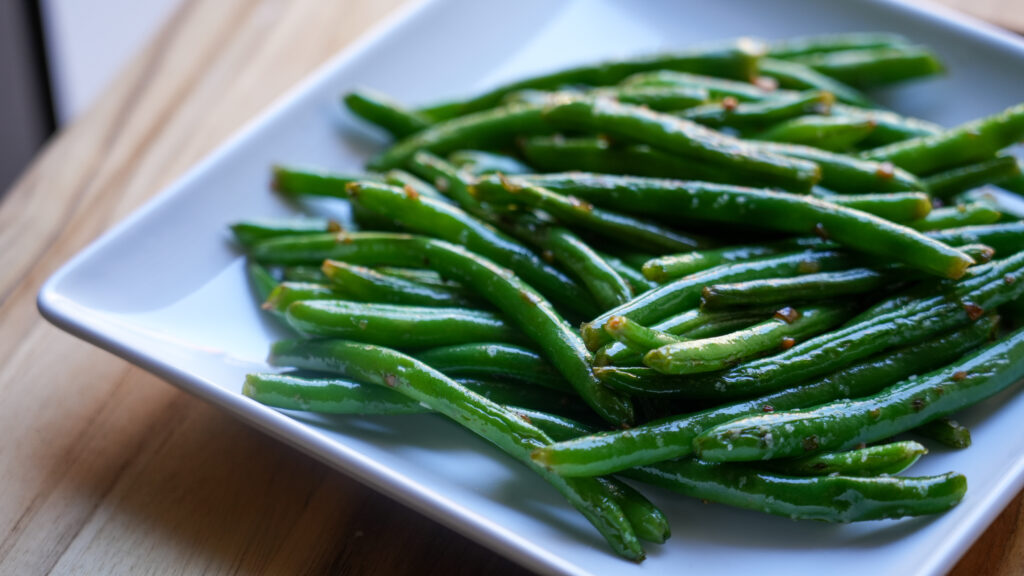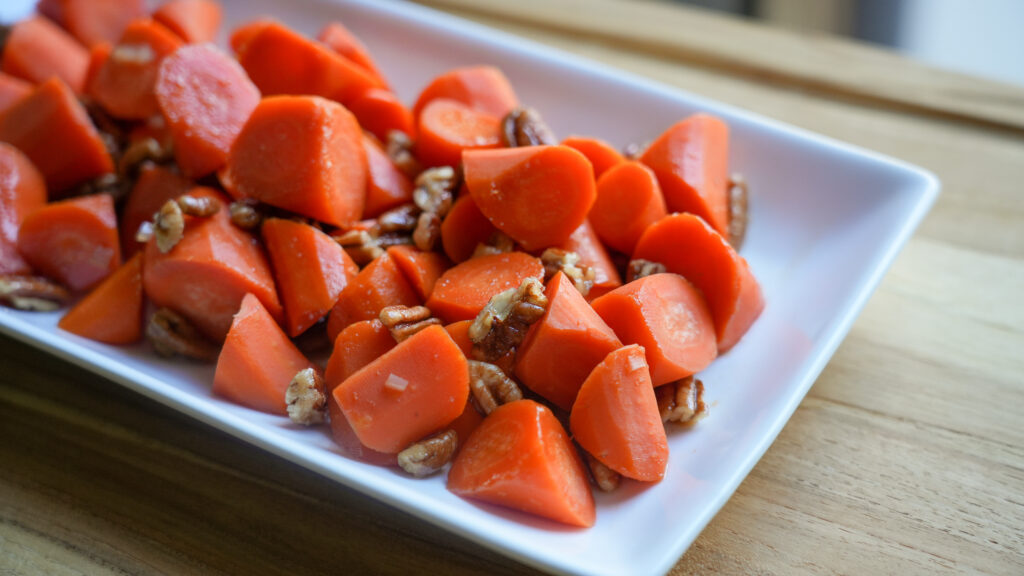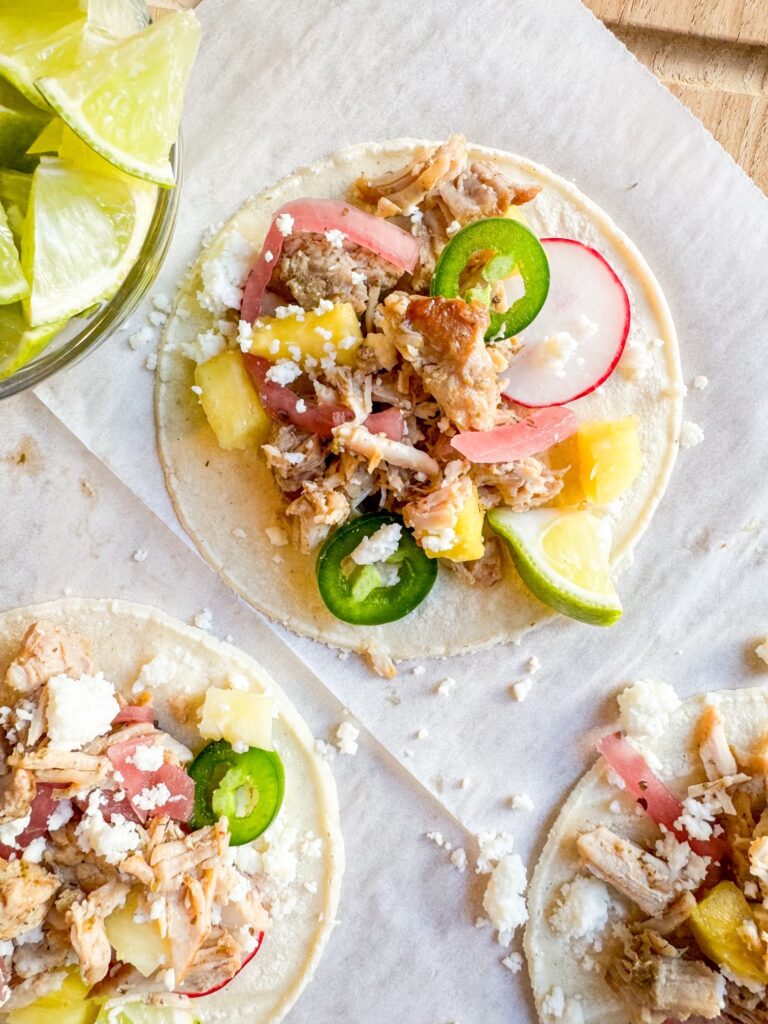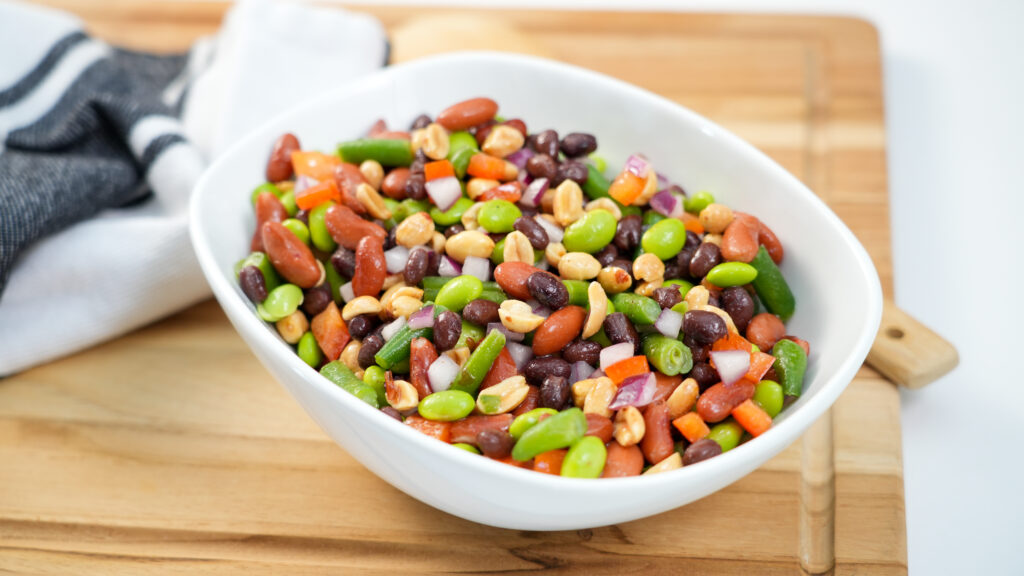This post is a sponsored by CommonGround Nebraska. CommonGround is a national movement of farm women who want to share information about farming and food. CommonGround Nebraska are farm women in the state who volunteer their time working to help dispel myths and build trust in farm families. They aim to answer questions and share facts as well as their personal stories of farm life to find “common ground” between the food they grow and the food you eat! All thoughts & opinions expressed are mine.
Farm to table, Field to plate, Vote with your fork…
These phrases sound so romantic, right? We love using these buzz phrases because they make us feel good. They imply a direct connection between the farmer and the consumer and that’s romantic. The problem is that the average consumer is about four generations removed from the farm and for many people, their only connection to a farmer might be the images they see portrayed on television commercials or ridiculous articles they read on the internet.
Last week I met with Hilary Maricle, a 6th generation farmer, who participates in just about every aspect of agriculture from raising calves and hogs to farming corn and soybeans. She even grew up working in her parent’s grocery store. She’s also a wife, proud mother of five, and serves as the Associate Dean of Ag, Science, and Math at Northeast Community College in Norfolk, Nebraska. She has literally been apart of every aspect of farm to table and she also shared with me this great recipe!
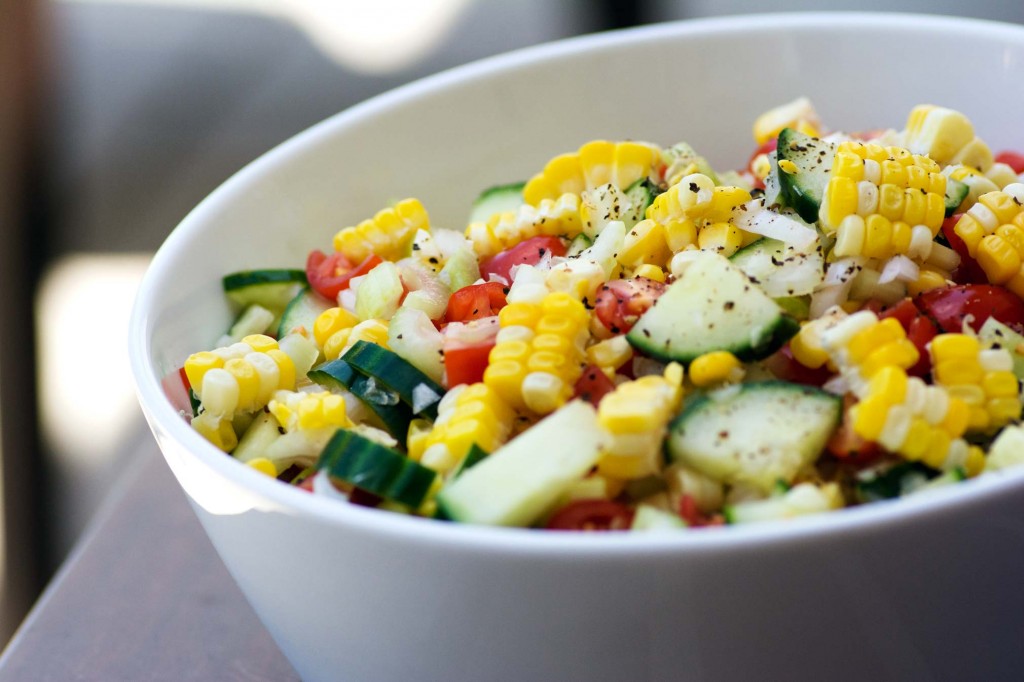
I wanted to hear Hilary tell me a romantic story about how food travels from farm to table, because I’ll admit it, I’m a hopeless romantic. My favorite movies are The Princess Bride and Sleepless in Seattle. Come on, who doesn’t love the moment when Wesley yells, “As you wish” after Princess Buttercup pushes him down the hill? Or the moment when the elevator door opens at the end of Sleepless in Seattle and Meg Ryan sees Tom Hanks standing there with his little boy? That is romance.
What farmers like Hilary have helped me to realize is that farming is not about romance.
Farming is hard work. Farming is a business. Farming is a science and modern farming practices, including the use of biotechnology (genetically modifying food using genetic engineering) are indeed, safe.
I think we’ve romanticized farming to the point that it has hurt both the farmers and the consumer’s perception of farming. Sure, we all love a good story. But sometimes these stories are turned into horror films by making consumers fear farmers (Chipotle, cough cough) and modern science instead of respecting a farmer’s knowledge and expertise. Hilary has been a volunteer for CommonGround Nebraska for the past five years. She said she started volunteering for CommonGround because she hates to see young mothers scared to buy food.
As a farmer, the biggest challenge that we have today is the media making young moms fear their food. Whether you shop at Whole Foods or Walmart, you should be able to feel confident in your food choices.
What Hilary enjoys most about volunteering with CommonGround Nebraska is being able to have conversations with mothers from all walks of life. She is often asked questions about farming practices including the use of biotechnology (most often referred to as GMOs) , pesticides, and food safety.
I know I’ve mentioned Genetically Modified Organisms before on the blog, but let me just take a moment and provide a little clarity because let’s face it, GMOs do not sound that romantic. According to GMO Answers, “GMOs are often used to describe organisms developed using the tools of genetic engineering.” Many of my friends and students think that many foods are GMO, when in reality there are actually only eight commercially available GMO crops which include corn, soybean, cotton, alfalfa, sugar beets, canola, papaya and squash. A lot of the controversy regarding GMOs has been regarding safety or the argument that they are unnatural. In order to better answer these questions, I sat down with UNL plant scientist, Dr. Sally Mackenzie for a crash course on all things GMO. Dr. Sally Mackenzie is a plant molecular geneticist who works in the department of Agronomy & Horticulture at the University of Nebraska-Lincoln. She is also one of the experts featured on Best Food Facts. She gave a fantastic lecture earlier this year at UNL, which is available online if you want to check it out. One of the first things she pointed out to me was that I was wearing a jean jacket. “Um….yeah lady, I’m wearing a jean jacket,” I said sarcastically in my mind. Then she said, “Did you know you are wearing GMOs?” Ha, no…I guess I hadn’t thought about that before!
Essentially genetic engineering allows us to take the best traits or DNA from crops and produce those same traits again in future crops. It allows farmers to use less fuel, water, and pesticides. Dr. Mackenzie said, “We’ve been relying on the plant breeder for a thousand years.” Then she explained that tomatoes, corn, and carrots have all been altered by plant breeders to become edible. Sorry to burst your romantic food bubble, but basically all of the crops we have available on the market today have been altered through traditional cross breeding to make food taste better or look better. These are not considered GMOs, but “We’ve simply taken advantage of a very natural process that goes on in nature all the time,” Mackenzie said. As far as safety, Dr Mackenzie believes it is safe to consume GMOs because there hasn’t been a single credible study that has told us otherwise. The only published study that suggested a threat to human health was formally retracted earlier this year.
When I asked Hilary about the safety of using biotech crops on her family farm, she said that using biotechnology allows her family to use fewer pesticides and be better stewards of the land. “We are able to do more with less and that’s important especially in drought conditions. We should let science be our guide, not our emotions.”
I think it’s important to hear stories like Hilary’s to understand the truth behind our food without romanticizing the facts. It’s easy to get emotional about food, and that’s why it’s important to turn to farmers and scientists who can offer their perspective instead of self-proclaimed activists. In the meantime, I’ll save my tears for romantic movies and leave it to the food scientists and famers to do what they do best. The romance of food comes later, when you see it’s beauty and appreciate how it can nourish. I am so fortunate for the chance to meet people who are experts in their field and I would encourage eaters everywhere, if you are looking to know more about where your food comes from, go to the source.
Be sure to read more about CommonGround Nebraska and check out Hilary’s website. If you have any questions about Hilary’s farm or farming practices, please feel free to reach out. Special thanks to CommonGround Nebraska, Dr. Mackenzie, and Hilary for inspiring this recipe!
This recipe was adapted to better meet the guidelines for the DASH Diet. For the original recipe, you can click HERE. Hilary also taught me the coolest trick for husking corn. Trust me, your life will never be the same. Simply microwave the husk for 4 minutes, remove the stem, and the corn will magically fall out. Genius!
